




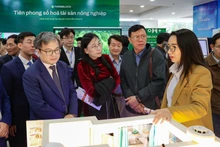

The Au Lac Grand Prize has been launched to recognise artificial intelligence (AI) products and solutions developed and mastered by Vietnamese innovators that deliver strong and lasting socio-economic impact.

Artificial intelligence (AI) is developing rapidly and is one of the core drivers of sustainable development for every country. Viet Nam is facing significant opportunities and considerable challenges in this field. Choosing the right direction, identifying strategic priorities, and allocating resources effectively are decisive for efficient investment in AI.

According to experts, while 4G ushered in the internet era, 5G is expected to become a powerful driver of deep and robust digital economic development. However, the commercialisation of 5G is no easy task, given the heavy investment costs, long capital payback periods, and the level of readiness across society as a whole.
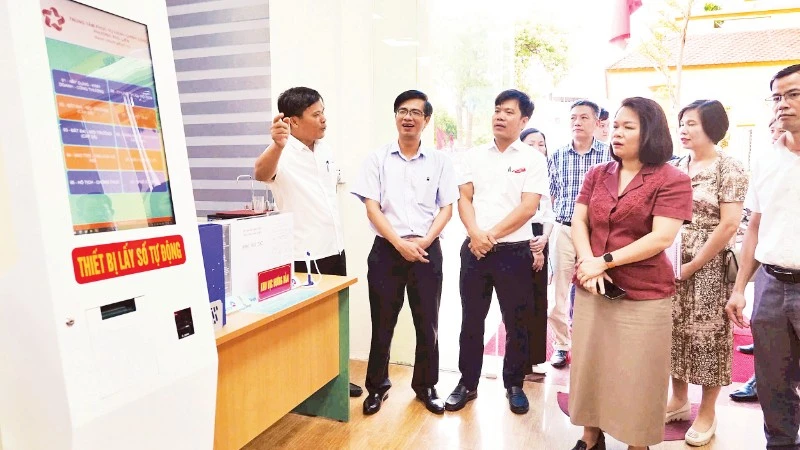
The term of the 13th National Party Congress marked a turning point, as digital transformation was for the first time placed within an integrated strategic framework alongside science and technology, and innovation, becoming one of the foremost breakthrough priorities and a strategic pillar for national development in the new era.

The Viettel Virtual Assistant platform, researched and developed by Viettel AI, has been named among the Top 10 Outstanding Digital Technology Products for Overseas Markets at the Make in Viet Nam 2025 Awards, a representative of Viettel Group said on January 5.

Digital transformation is creating fresh momentum for the country’s development, but it is also bringing new challenges regarding information safety and cybersecurity. To protect a safe and healthy cyberspace, the decisive factor lies not only in technology, but also in having a high-quality workforce — the foundation for safeguarding national security and digital sovereignty.

Viet Nam's digital technology industry solidified its role as a major economic driver in 2025, delivering strong financial and export performance that far surpassed targets, according to the latest report by the Ministry of Science and Technology.
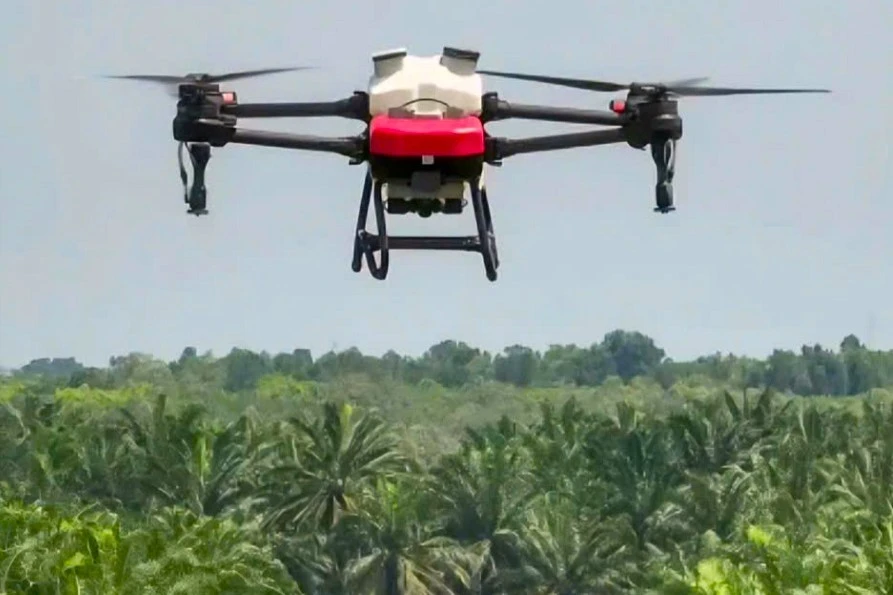
The resolution has affirmed that in the digital era, science, technology and digital transformation are no longer optional but mandatory conditions, while innovation has evolved from a research activity into a core driver of national growth.
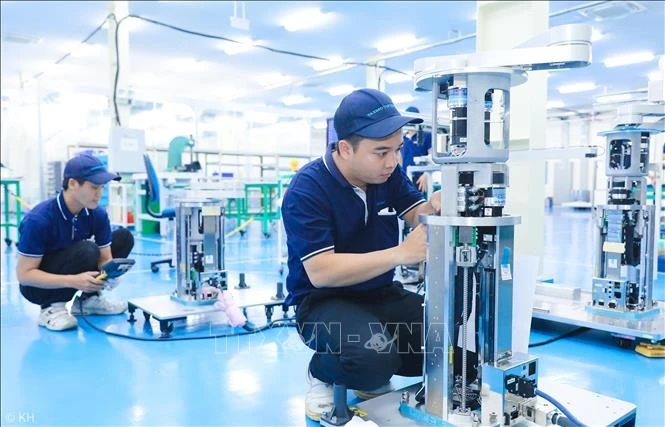
Vietnam is aiming to become a high-tech economy with the STI pillars identified as the enablers, and the local conditions enable their rapid development, said an Israeli expert.

Deputy Prime Minister Nguyen Chi Dung signed Decision No. 2815/QD-TTg, approving the national science, technology, and innovation programme for the development of strategic technology products to be prioritised for immediate implementation.
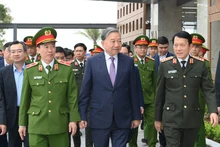
The completion and commissioning of the National Data Centre No.1 have laid an important foundation for the country’s data infrastructure and will make a significant contribution to accelerating national digital transformation in the coming period, Party General Secretary To Lam said during a working visit to the facility at Ha Noi's Hoa Lac Hi-Tech Park on December 29.
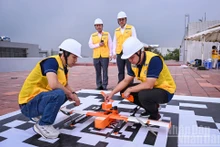
Viet Nam Post and Duc Giang General Hospital are jointly working on a project to use unmanned aerial vehicles (UAV) in medical transport to meet the need for transporting emergency medicines and medical specimens between higher- and lower-level hospitals.
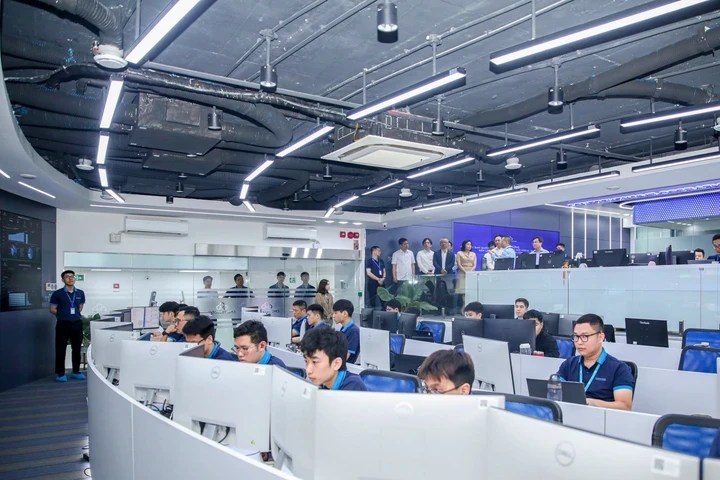
The promulgation of the Law on Science, Technology and Innovation marks an important shift in governance thinking in the field of science and technology in Viet Nam. For the first time, fundamental principles such as academic freedom, scientific integrity, honesty in research, accountability, and post-audit mechanisms have been fully codified in law.

On the mist-covered mountain slopes by Muong Hoa Stream, brocade looms have long been intertwined with the livelihoods of generations of Giay and H’Mong women. There was a time when this traditional craft faced the risk of fading away as markets shrank, tourism was disrupted, and outlets became increasingly unstable.
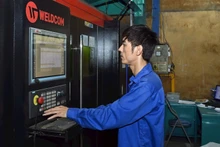
Artificial intelligence (AI) is increasingly becoming a key factor in restructuring the mechanical engineering sector. While offering effective solutions, AI also poses new challenges that Viet Nam’s mechanical industry must confront and adapt to in order to achieve breakthroughs.
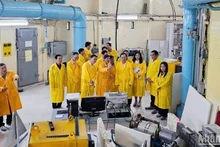
Deputy Prime Minister Nguyen Chi Dung has signed Decision No. 2736/QD-TTg, approving the plan to implement the master plan for the development and application of nuclear energy through 2030, with a vision to 2050.
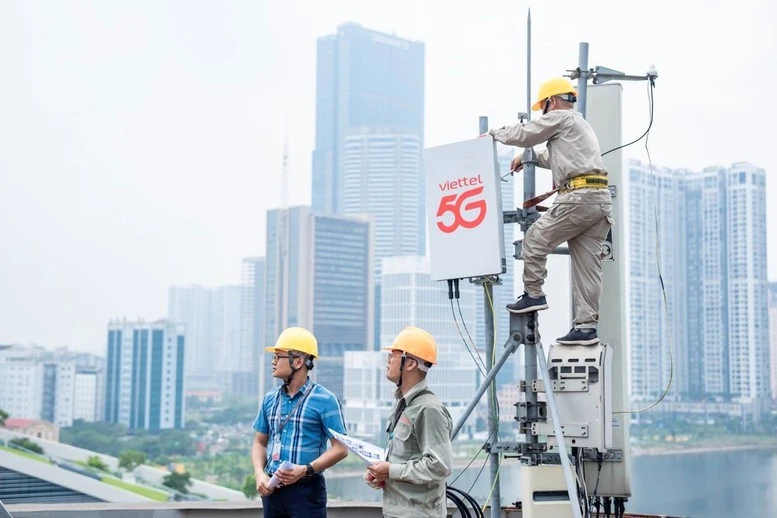
The Viet Nam Science and Technology Journalists’ Club on December 19 unveiled its annual list of the top 10 outstanding science and technology events for 2025.

The Press Department under the Ministry of Culture, Sports and Tourism has just announced the results of the 2025 assessment of the digital transformation maturity of the press. Accordingly, Nhan Dan Newspaper ranked third among the top 10 central-level press agencies achieving an Excellent level of digital transformation in the past year.
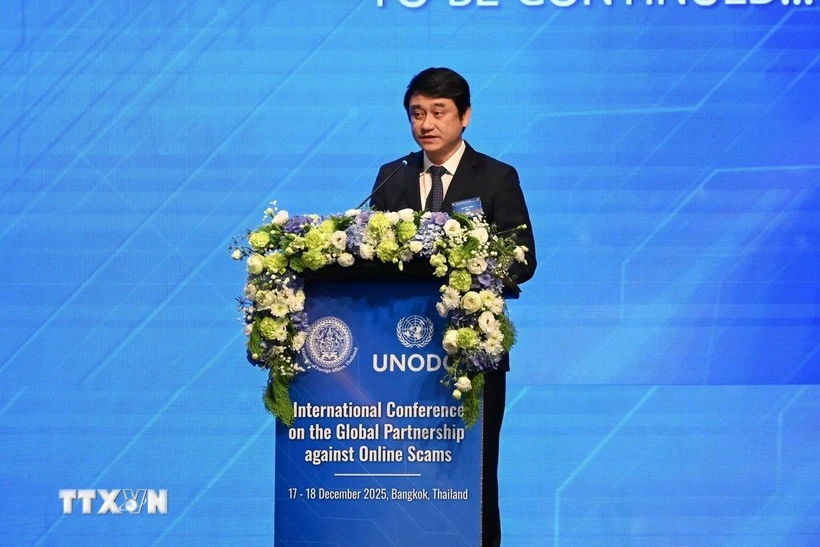
Viet Nam endorses the joint statement to strengthen the global partnership against online scams, calling on governments, businesses, academia, and key international and regional organisations - including the UN Office on Drugs and Crime (UNODC), International Criminal Police Organisation (Interpol), and the Financial Action Task Force (FATF) - to strengthen and coordinate their efforts, said Vietnamese Deputy Foreign Minister (FM) Le Anh Tuan.

Vietnamese technology giant FPT Corporation has announced plans to invest 100 million USD in its newly established Quantum AI and Cybersecurity Research Institute, one of the first quantum research centres founded by a Vietnamese enterprise.